Topics: Emancipation Day in Black America • Significance of Haitian Independence Day to the Pan African World • The Door of Return to Africa 2019 Initiative. Guests:
Dr. Linda Michelle Baron (Author, Former Chairperson. Department of Education, York College/CUNY, New York), Judge Lionel Jean Baptiste (Founder, Haitian Congress to Fortify Haiti, Chicago, IL) and Rev. Dennis Dillon (Senior Pastor, The Rise Center, Brooklyn, NY).
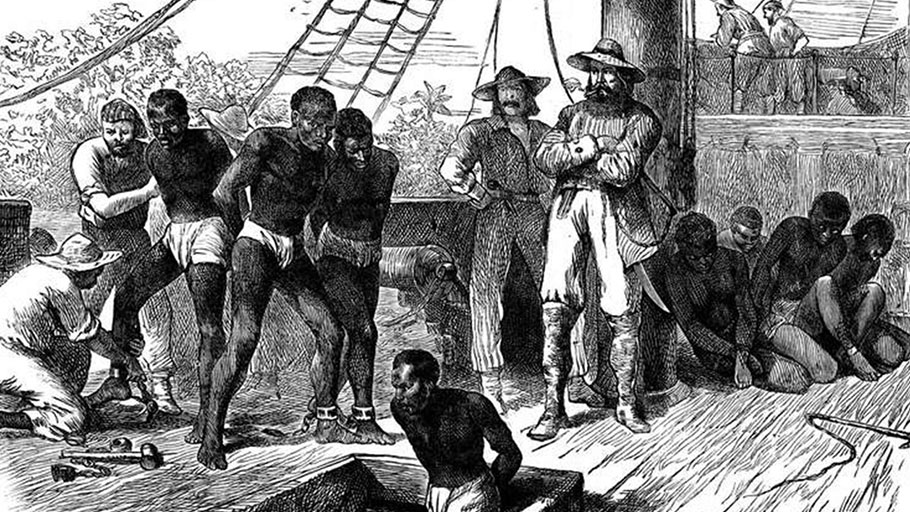
The Black Press USA is the Web site of the National Newspaper Publishers Association (NNPA), an umbrella grouping of over 200 African-American newspapers spread across the USA. The NNPA has…
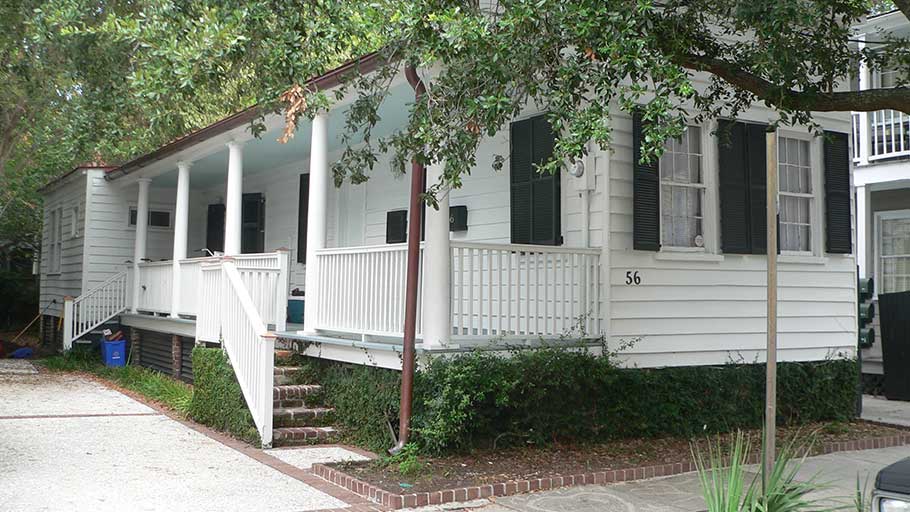
By Ashleigh Lawrence-Sanders, AAIHS — The familiar refrain after the Emmanuel AME massacre on June 17, 2015, was that Dylann Roof, the murderer, was not from “here.” But as Ethan Kytle and Blain Roberts’ Denmark Vesey’s Garden: Slavery and Memory in the Cradle of the Confederacy aptly demonstrates, Roof’s understanding of history and memory in Charleston led him to that church; and his understanding was not alien to the sometimes violently, oft-contested memory of slavery in the…

By Professor Sir Hilary Beckles — Emancipation Day Message We join annually with communities across the world in marking the moment in which the crime of chattel enslavement was confronted…
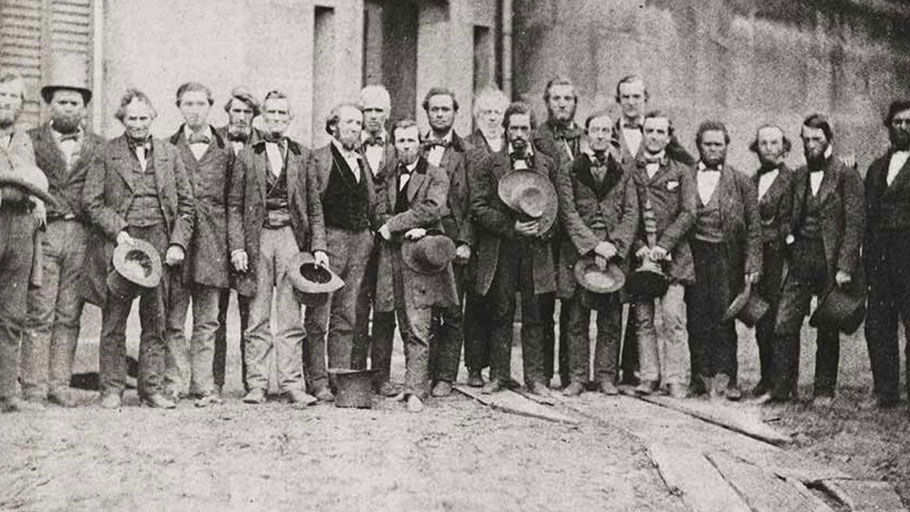
By Steven Lubet, The Conversation — President Donald Trump has exercised the pardon power more aggressively and creatively than most of his predecessors, granting pardons to political supporters such as Joe Arpaio and Dinesh D’Souza, and a posthumous pardon to Jack Johnson, the first black heavyweight champion, who was convicted on a racially fraught charge of violating the Mann Act. Trump has mused about pardoning former Illinois Gov. Rod Blagojevich, as well as Robert Mueller’s probe…
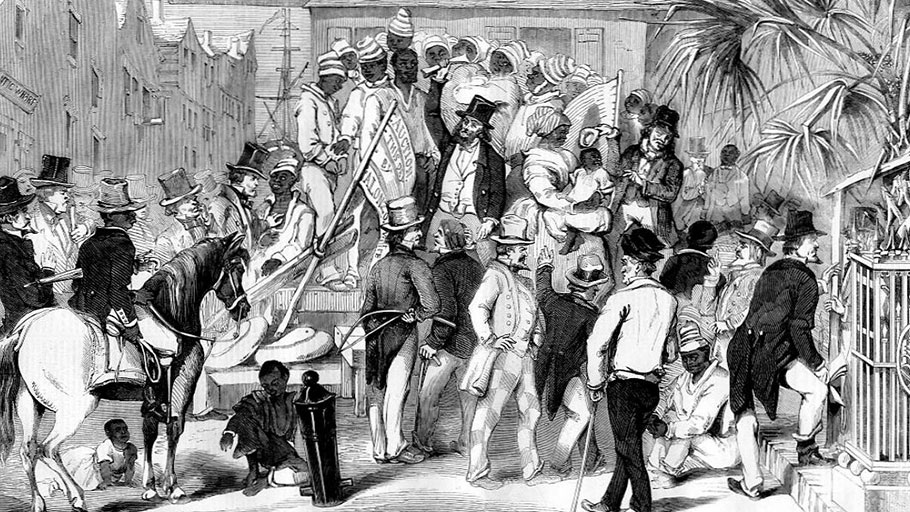
During the Civil War, the jails that held the enslaved imprisoned Confederate soldiers. After, they became rallying points for a newly empowered community By Jonathan W. White, Smithsonian — For decades before the Civil War, slave markets, pens and jails served as holding cells for enslaved African-Americans who were awaiting sale. These were sites of brutal treatment and unbearable sorrow, as callous and avaricious slave traders tore apart families, separating…
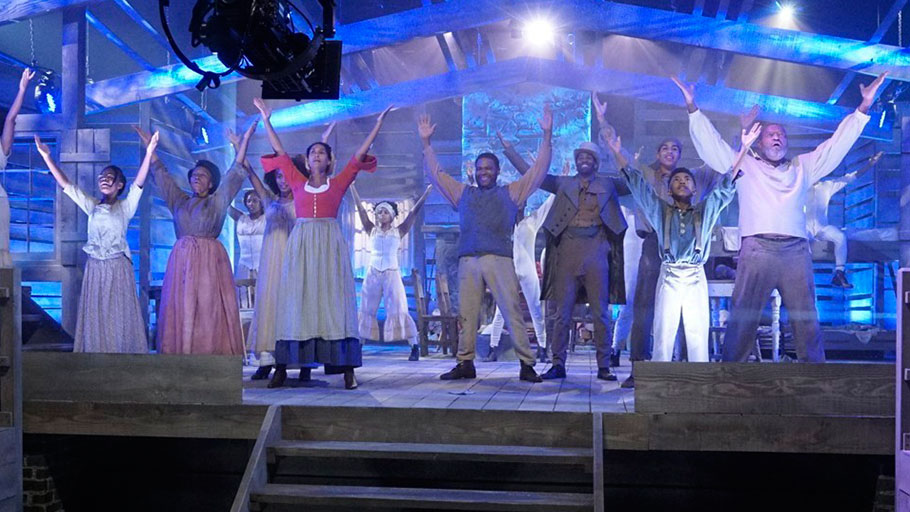
The show’s fourth-season premiere, “Juneteenth: The Musical,” is a comedy. And a work of education. And an indictment. By Megan Garber, The Atlantic — This post contains spoilers for Season…

By Dr. Vishnu Bisram Every year since 1985, the emancipation of enslaved Africans is celebrated in Trinidad and Tobago on Aug. 1 which has been declared a national holiday. Slavery…
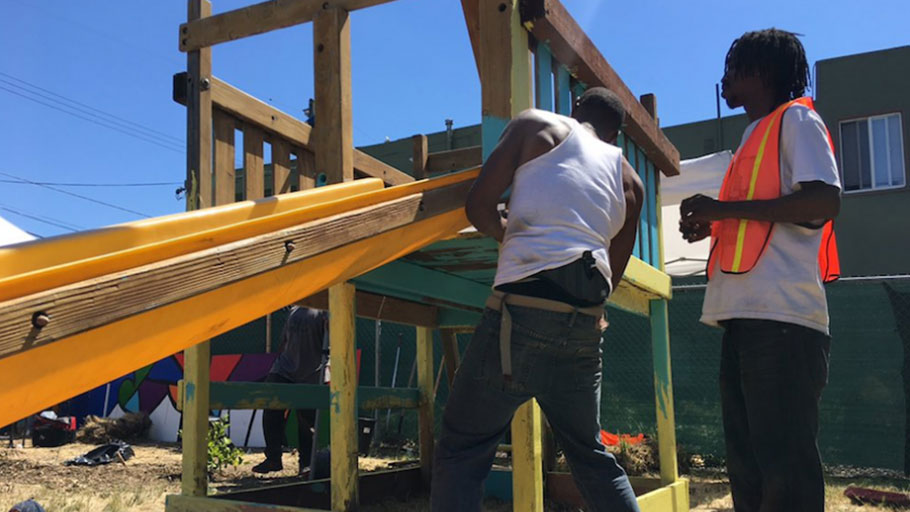
A conversation with Chinyere Tutashinda of the BlackOUT Collective. By Sarah Jaffe Juneteenth is not a federal holiday—but it should be. It is the day that the news of emancipation…














